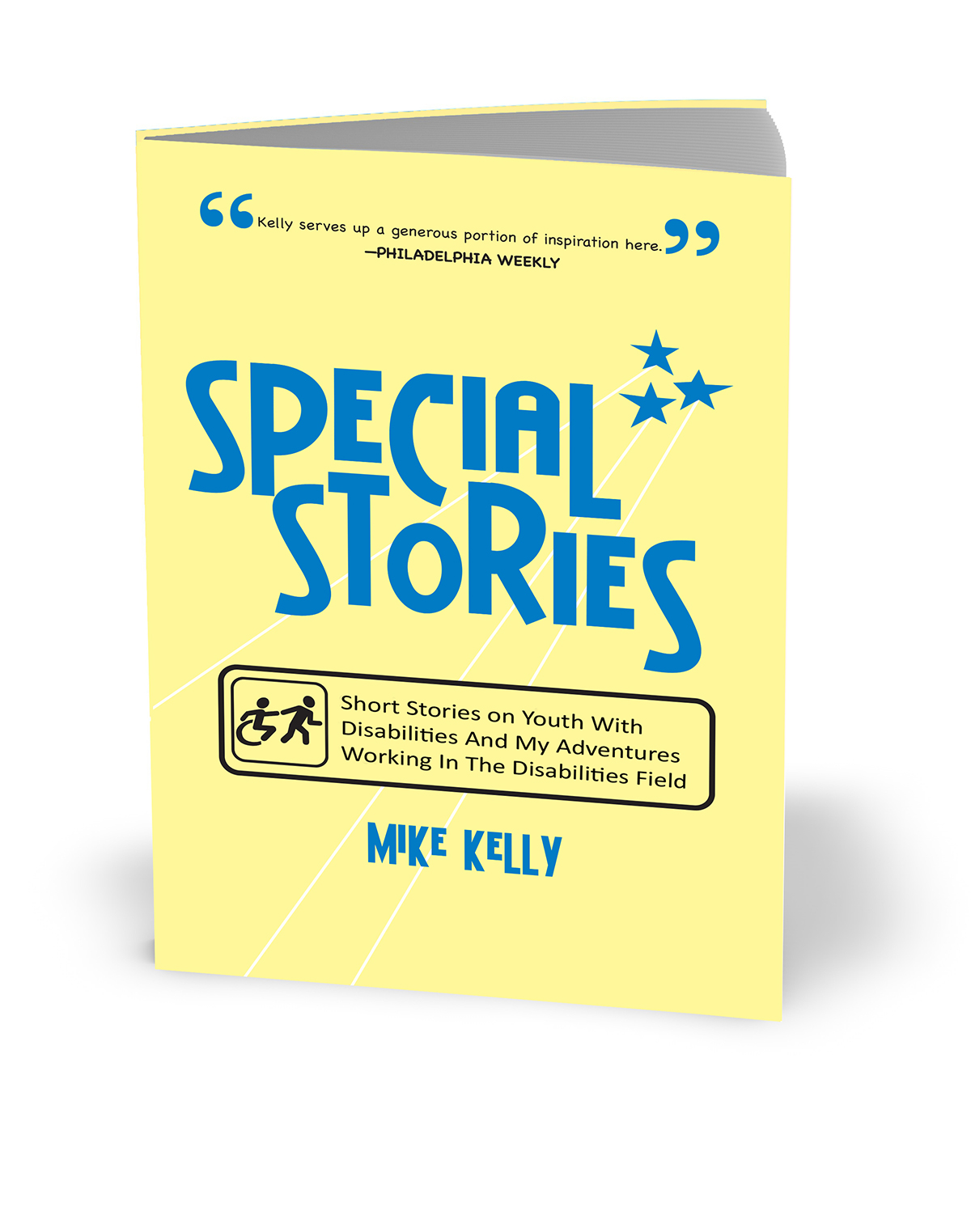Book about disability employment- ‘Selling’ kids with disabilities
While at dinner with a group of friends one evening, a buddy of mine began prattling on about how hard his job was as a pharmaceutical salesman for a multibillion dollar global drug company.
He described how the cold calling, the rejection, and the competition from other sales reps from rival drug companies made it unbelievably tough for him to sell his product. I nodded and agreed with him that being in sales was not easy, especially in today’s world when it seems too many people are competing for too few resources.
He looked at me inquisitively and asked me what I knew about sales.
I reminded him that I was also in sales; I “sell” my kids with disabilities to employers who are often afraid to hire them because they consider my students a liability.
My friend tilted his head and eyeballed me curiously, saying he thought helping my students find jobs would be easy because of the ‘sympathy factor’ involved.
Sympathy factor?
I asked him when he’d ever seen an employment ad which read:
“WANTED: TEEN WITH A DISABILITY. MUST HAVE NO WORK EXPERIENCE. MUST HAVE PHYSICAL, SOCIAL, AND/OR COGNITIVE CHALLENGES. MUST NOT HAVE DRIVER’S LICENSE. NO HIGH SCHOOL DIPLOMA REQUIRED. AUTISTIC, SIGHT-IMPAIRED OR WHEELCHAIR-USING TEEN PREFERRED.”
My friend put his head down and began picking at his meal.
Impassioned, I said that in his line of work he at least had a huge pool of customers eagerly awaiting his products, as there appeared to be a new drug store on every block across America because more doctors are prescribing more drugs to more people than ever before in the history of humankind.
Over the last few years, I said, prescription drugs in the U.S. have quadrupled.
Senior citizens are living longer than they have since the beginning of humanity, and all seniors are taking some type of drug. And most everyone in middle age is taking some drug for one reason or another. Even a high percentage of children are prescribed some drug due to ADD/ADHD, depression, bipolar, or behavior or anxiety issues. And if that gigantic pool of consumers isn’t enough to help sell his product, it seems every third page in every magazine is advertising some drug and every other TV commercial is advertising some drug. (Try watching any 1-hour TV show without seeing a dozen “ask your doctor about…” commercials.)
I let him know that his sales efforts are backed by billions of dollars of advertising driving public demand.
Head still down, my friend continued picking at his meal. Since he’d struck a nerve, I continued delivering my harangue:
Because our society has become so impersonalized, nearly everyone has to go online to apply for a job nowadays. Gone are the days when jobs can be secured with management and/or business owners face-to-face and with a handshake. My students often need this personal touch so I can get them hired. Online applications are not only too impersonal, but also too sophisticated to fill out—most especially for someone with intellectual challenges. To add a further degree of difficulty for my students, my students are now competing for jobs with adults—many of whom have college degrees and work histories and have to find any job in order to feed their families.
Yeah, not so easy to get jobs for kids with disabilities, I concluded.
Because we’ve been friends since the fourth grade, he allowed me to rant. And I appreciated that. Once I was done and settled down, he quickly lifted his head and changed the subject, much to the delight of our other friends seated quietly at the table.
But I wondered how many other people think the way he does.
My guess is many.
For more stories from SPECIAL STORIES: Short stories on youth with disabilities and my adventures working in the disabilities field, visit www.specialstoriesbook.com.
https://www.specialstoriesbook.com//wp-content/uploads/2017/08/SSFlier.pdf

